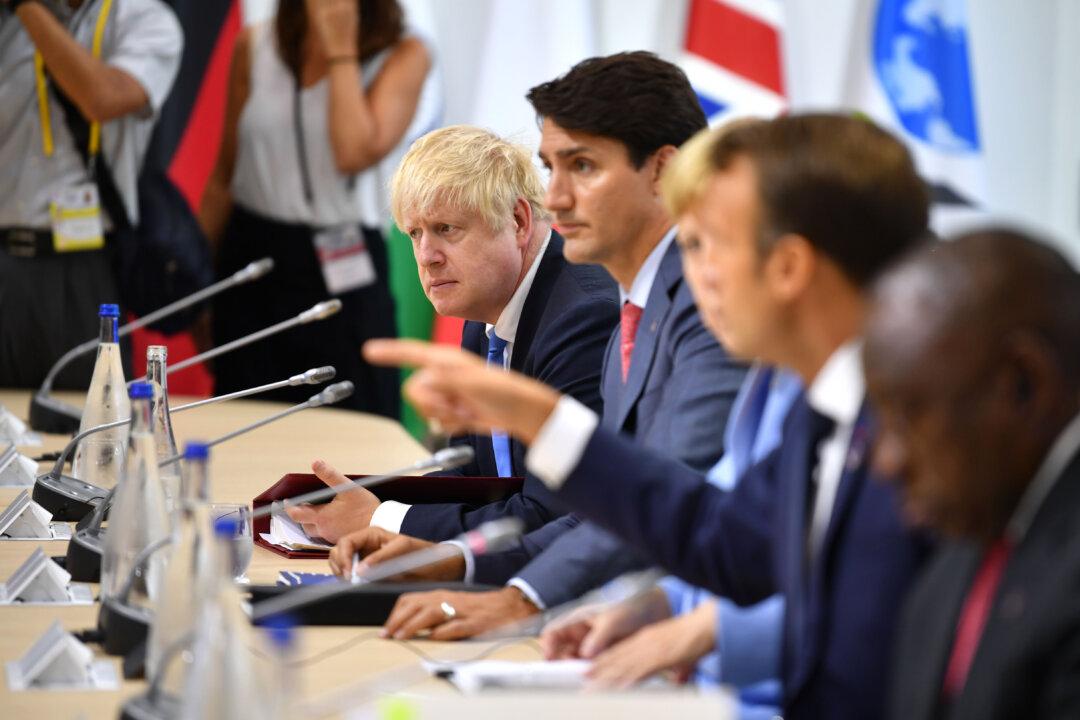Leaders of some of the most powerful countries in the world vowed on Monday to “doing whatever is necessary” to respond to the new coronavirus pandemic.
SARS-CoV-2, the virus, started in China last year before spreading around the world.


Leaders of some of the most powerful countries in the world vowed on Monday to “doing whatever is necessary” to respond to the new coronavirus pandemic.
SARS-CoV-2, the virus, started in China last year before spreading around the world.